In the Wake of the #MeToo Movement, What Are the New Rules?
Prominent thought leaders and pop culture favorites share their thoughts on how to be a decent human and what we need to do to move forward.

No one could have predicted one tweet would evolve into a global movement, yet here we are. And it’s just the tip of the iceberg—action is next. We have to fix the systemic problems that have allowed this typeof behavior to exist for too long. The work is arduous—no one person,organization, or hashtag will ever be enough—so we must band together to create the shift our culture requires. We opened a portal, but it’s going to take tenacity to continue walking through it.
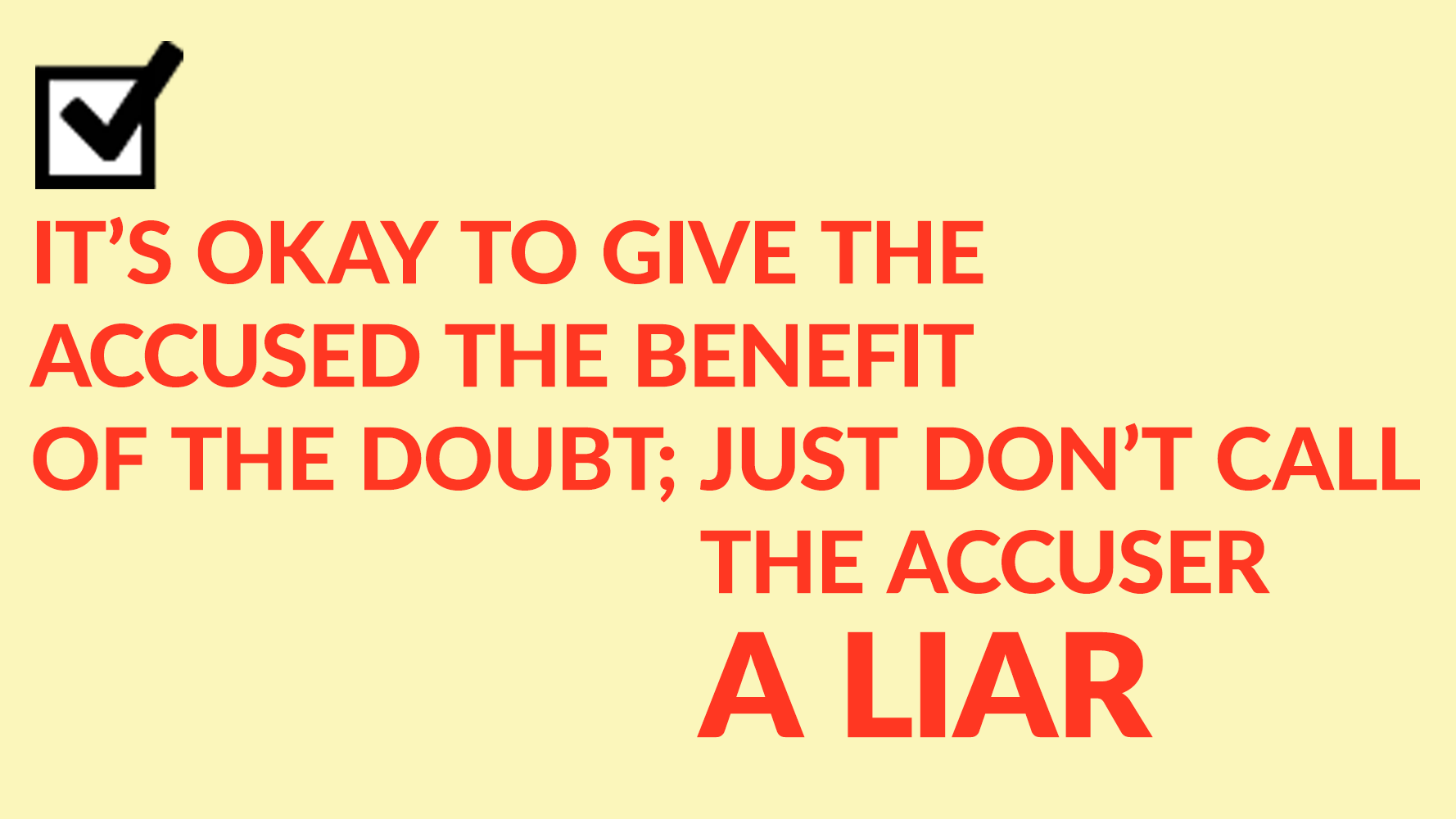
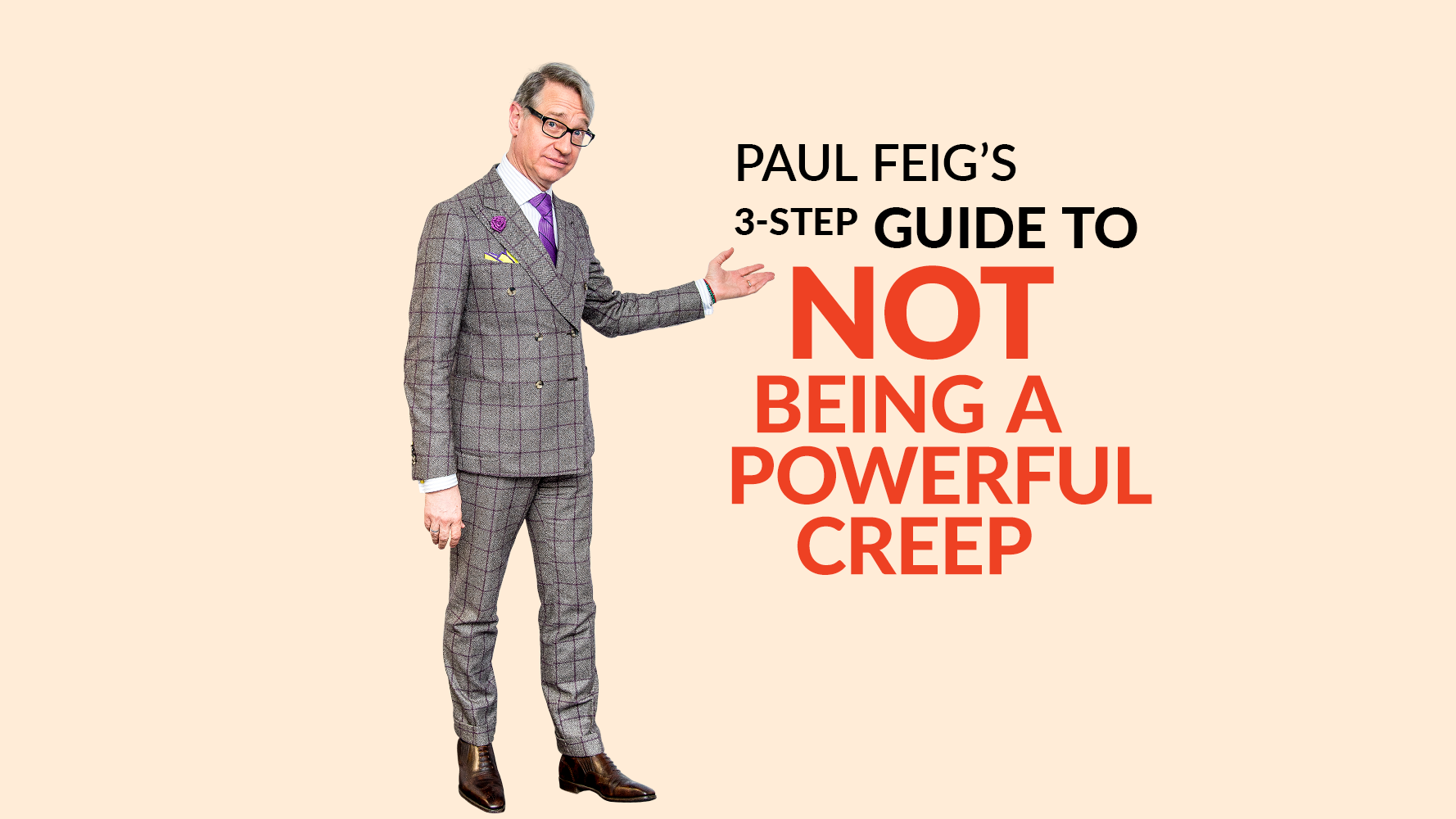
If you’re the gatekeeper, be aware of the power you wield. Sometimes guys say, “Well, that means I can’t hit on anybody.” Well, yeah, you should really think about that. Even if your intentions are innocent and pure, it still puts the person below you in an awkward position.
I’m a big fan of “Don’t shit where you eat.” That’s just a good rule for everyone to live by.
The Golden Rule should be plastered on everybody’s forehead. Sometimes people don’t even realize they’re abusing their power. Just take a moment to put yourself in their shoes and ask, “Would I be uncomfortable with this? Would I feel pressured? Would I feel like I can’t be honest or say no?”
Paul Feig is the director of Bridesmaids and Ghostbusters.

Not safe for work means not safe for work: Do you like to watch porn? Cool, me too. Should you joke casually about it in meetings? No. For one thing, nobody cares about your favorite kinks. For another, people who joke about porn at work tend to do it as a way to exclude other people in the room.
Think about who gets which jobs: A good boss is aware of the risk of unconscious prejudice.Does your employee deserve a promotion because he’s the best fit for the job, or because he looks like you, talks like you, and shares your taste in porn?
Stay In The Know
Get exclusive access to fashion and beauty trends, hot-off-the-press celebrity news, and more.
Mimic the boss you admire most: They probably were not your close personal friend. They probably did not demand that you laugh at their jokes. They probably treated men and women with equal consideration. You probably wondered about the mysterious life they led outside of work. But they took very little interest in your personal life. They didn’t need to know what kind of sex you liked to have, or what your last Tinder date was like. You probably liked them because they saw you as you wanted to be seen at work, and how we all want to be seen: as really good at your job.
Emily Witt is the author of Future Sex.

DON’T: Argue that it doesn’t happen in your company, that you haven’t been harassed, that you have a solution to the problem, that it is overblown by the media,that you know plenty of men who don’t harass.
DO: Ask what the victim needs,ask what is appropriate, listen and believe them. If you are afraid to be supportive publicly, do so privately. Do something each workday to support people who are underrepresented. Help ensure they get the credit they deserve, and invite them to events they’re not included in,whether it’s an all-white panel,an all-male dinner, or a team golf outing. (Making room may even mean giving up your spot.) Encourage coworkers to do the same.
Ellen Pao is the cofounder of Project Include; in 2012, Pao filed a gender-discrimination suit against her employer, the Silicon Valley VC firm Kleiner Perkins Caufield & Byers.

Jimmy isn't blind. He appreciates fashion, creativity, and aesthetics, so he sometimes says, “That’s a great dress.” But God, it’s never like, “Wow, you look hot or sexy.” Once, after a champagne-fueled Interscope launch party, we’d all been out at a club and Jimmy gave some of my friends and me a ride home. One of my girlfriends, who was intoxicated, turned to Jimmy and said, “Isn’t Anjula so pretty?” Jimmy got very serious—like he was stone-cold sober—and said, “I don’t look at Anjula like that. I’m on her board and an investor in her company. She’s an incredibly talented businesswoman.” I remember sitting in the car, glowing with pride. He was my investor—he had given me millions of dollars—but it was those words that truly confirmed he valued me.
Anjula Acharia is the partner at Silicon Valley venture capital firm Trinity Ventures; her mentor is Jimmy Iovine, chief of Apple Music.
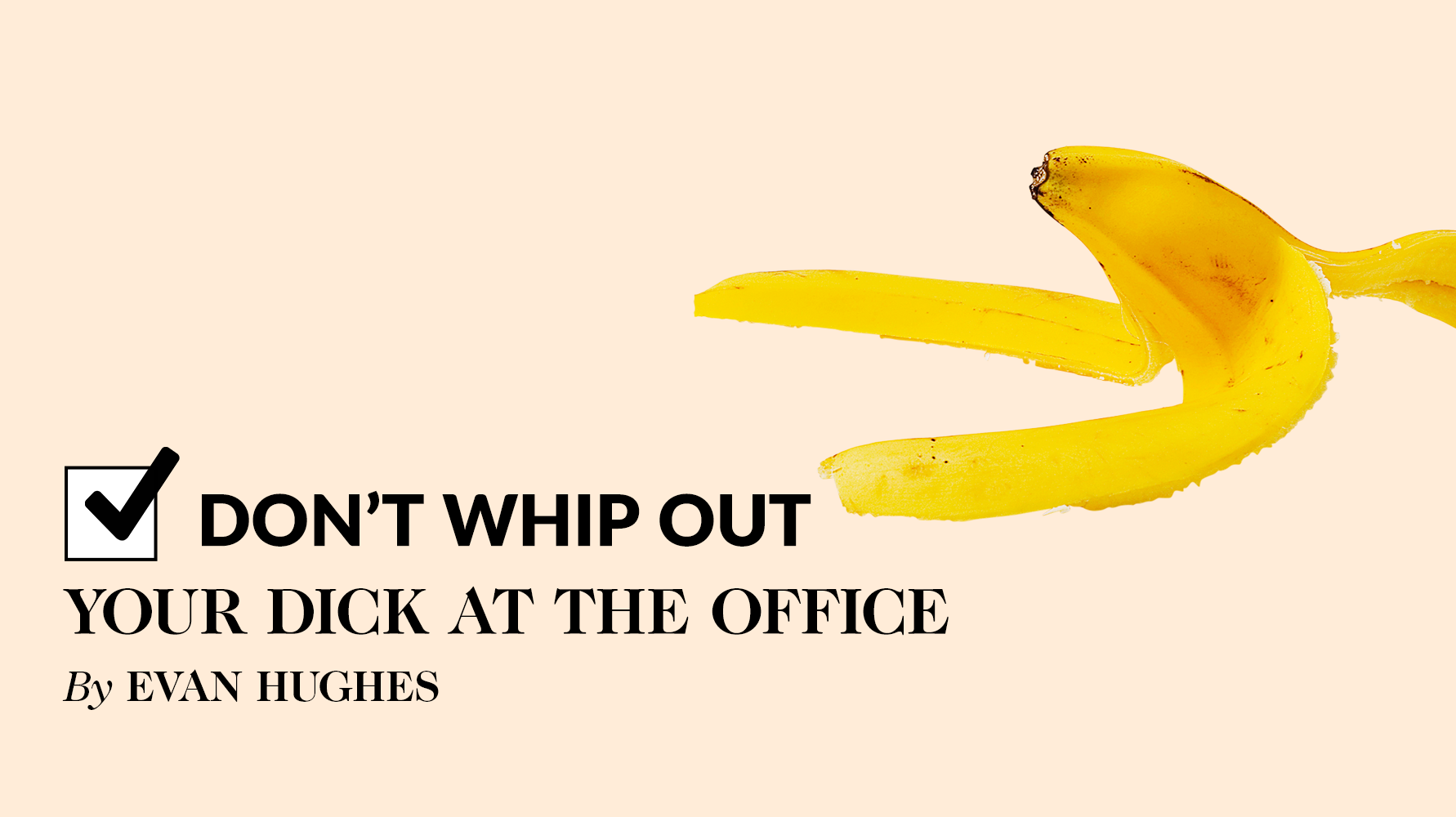
Granted, power play has its place in sex—witness the archetypes of the dominatrix and the submissive. The forceful personality that bends others to his will can turn people on,as dicey as that may be politically. It’s also true, though it seems perilous right now to acknowledge it, that there is a certain frisson in the idea of romance in the workplace. Moonlighting, The X-Files, and The Office would not have been the same without the tingly possibility that two coworkers might suddenly take some clothes off.
But the central problem with whipping it out in the workplace—I can’t believe I just typed those words—is that it’s a power move. The guy who does it, like the guy who sends an unsolicited dick pic, wants to see what he can get away with. Ultimately, it’s only about him, which is more than gross: It’s boring.
Evan Hughes is an author and journalist for New York and Wired.
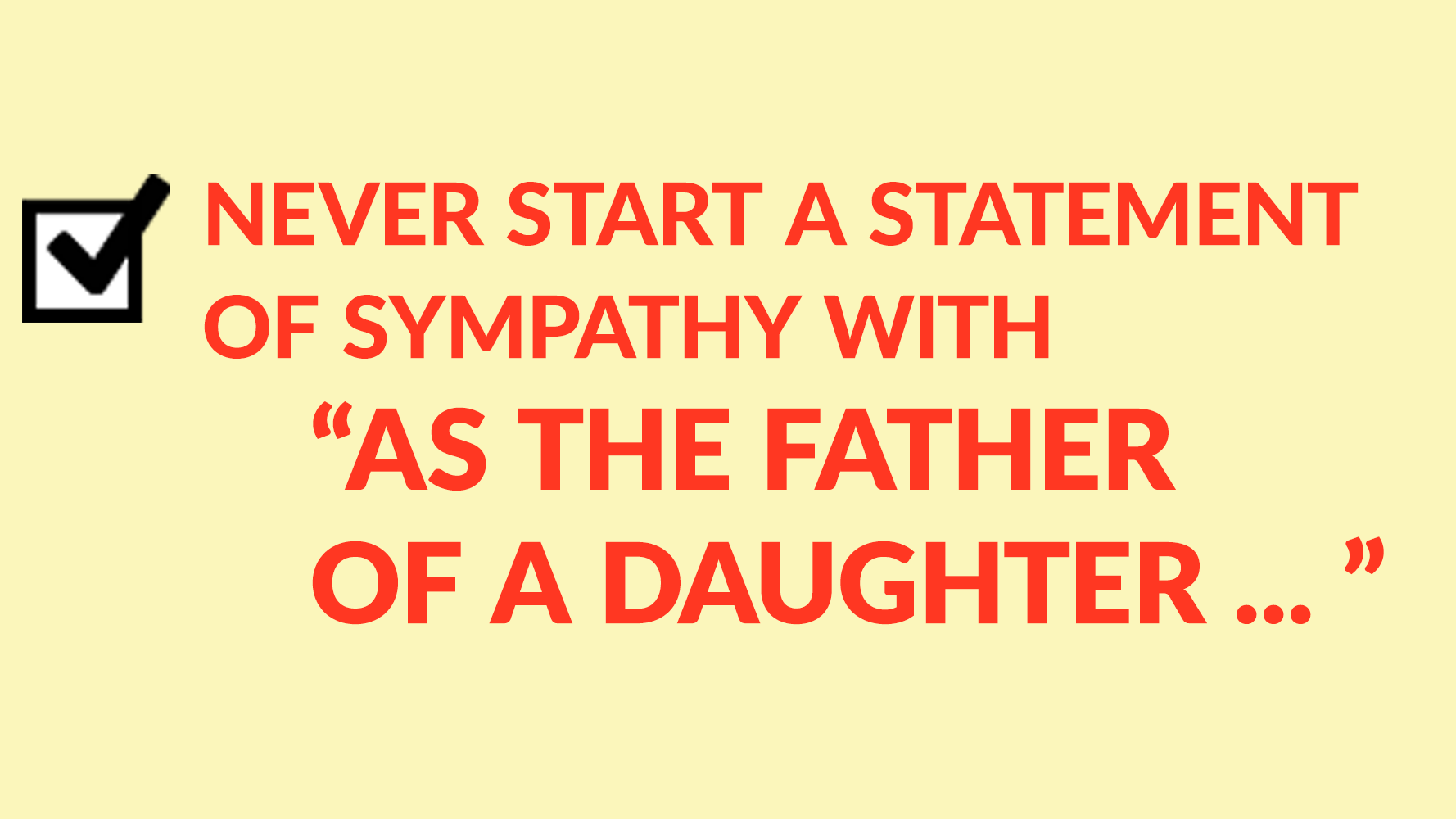

You wonder why men bring this bro banter to the workplace: because that’s what we’re taught as kids. We need to understand the conversations we have with our children. I have two boys, ages 6 and 8. We need to raise children gender-blind. They need to learn how to listen, how to be attuned to mistreatment. Boys need to know that showing their feelings doesn’t make them weak, that saying, “You throw like a girl” as an insult isn’t OK. It’s all right if a girl runs faster than you. It’s all right if a girl is smarter than you.
Some men say that this moment has created a witch hunt. You know what? If there are witches out there, let’s hunt them down.
Tom Colicchio chef and judge on Bravo’s Top Chef.
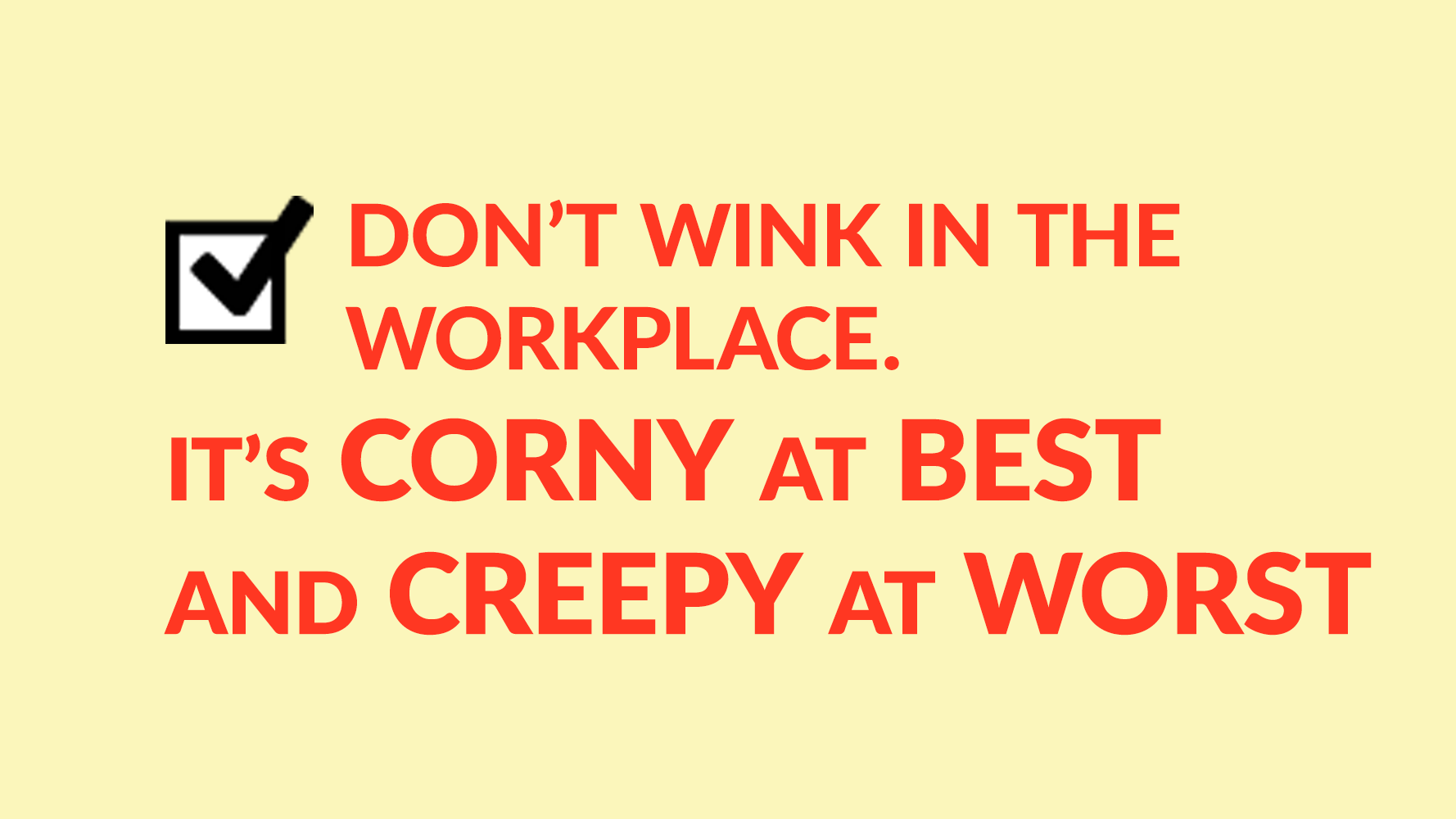
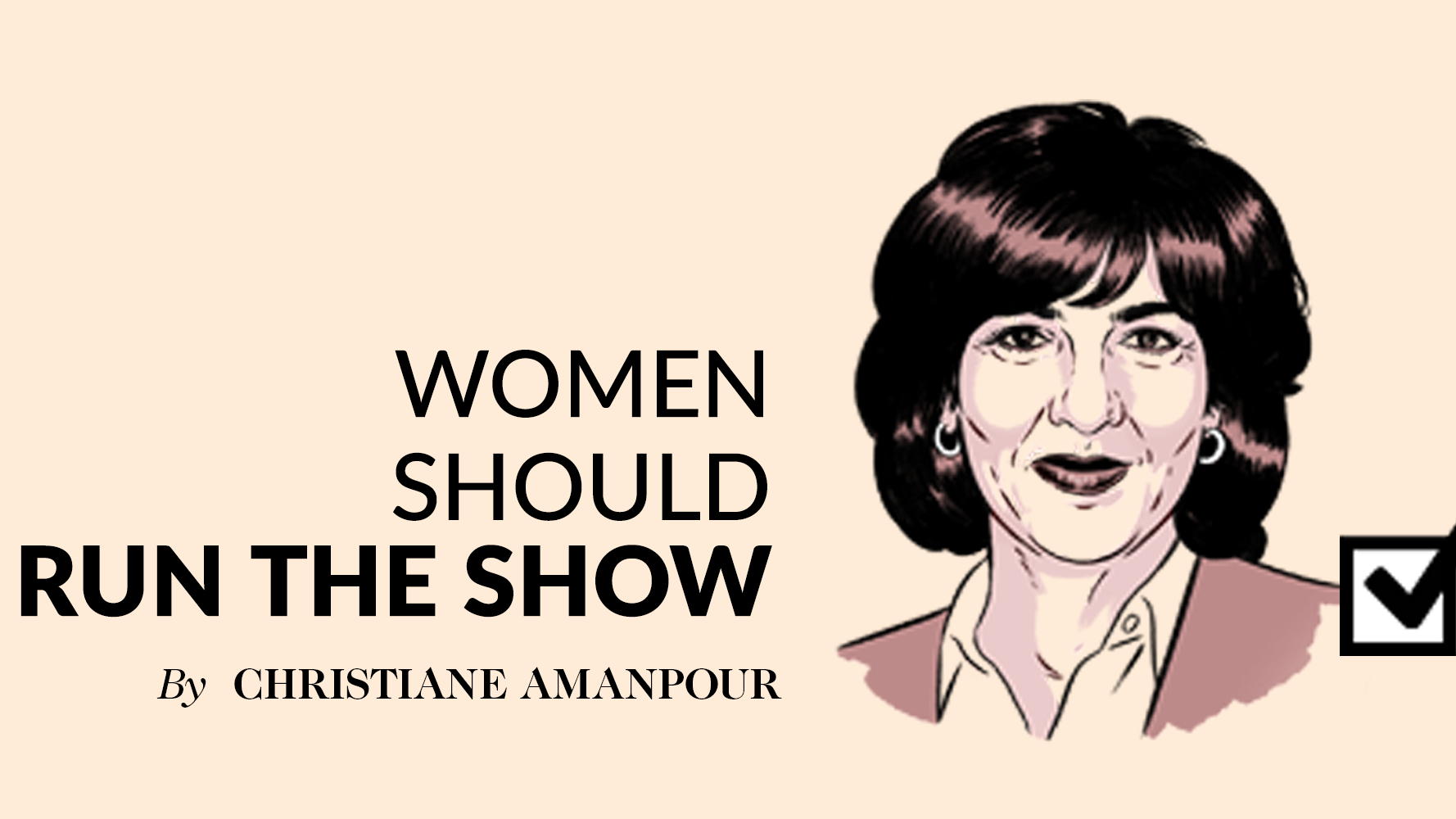
As a feminist, I believe that the solution to all our global crises begins with gender equality. But the patriarchy has not been playing nice,and leveling the playing field remains a Sisyphean struggle. So what will it take for the #MeToo movement to mean more than a few trophy scalps?
I believe elected politics are the catalytic force for change. But according to UN Women, only 23 women serve as heads of state or government,and women fill less than a quarter of parliament seats and less than a fifth of U.S. congressional seats. How can we speak if we are not in “the room where it happens”? As my former boss, ex–AOL Time Warner CEO Gerald Levin, radically proposed: “Overthrow with women the men in government, starting at the top and working down from the cabinet through Congress. Replace any male CEO and continue the emergence of female leadership across the board, everywhere.”
Gender parity would be not just a moral triumph, but also an economic one. Christine Lagarde, head of the International Monetary Fund, says increasing the number of women in the workforce to the same level as men could grow the GDP of the U.S. by 5 percent, and in India by a whopping 27 percent.
So in the 2018 elections, women should vote. Encourage friends and family to do the same. Better yet: Run for office. The patriarchy refuses to hear our message, so let’s kick down the door.
Christiane Amanpour is a CNN anchor and chief international correspondent.
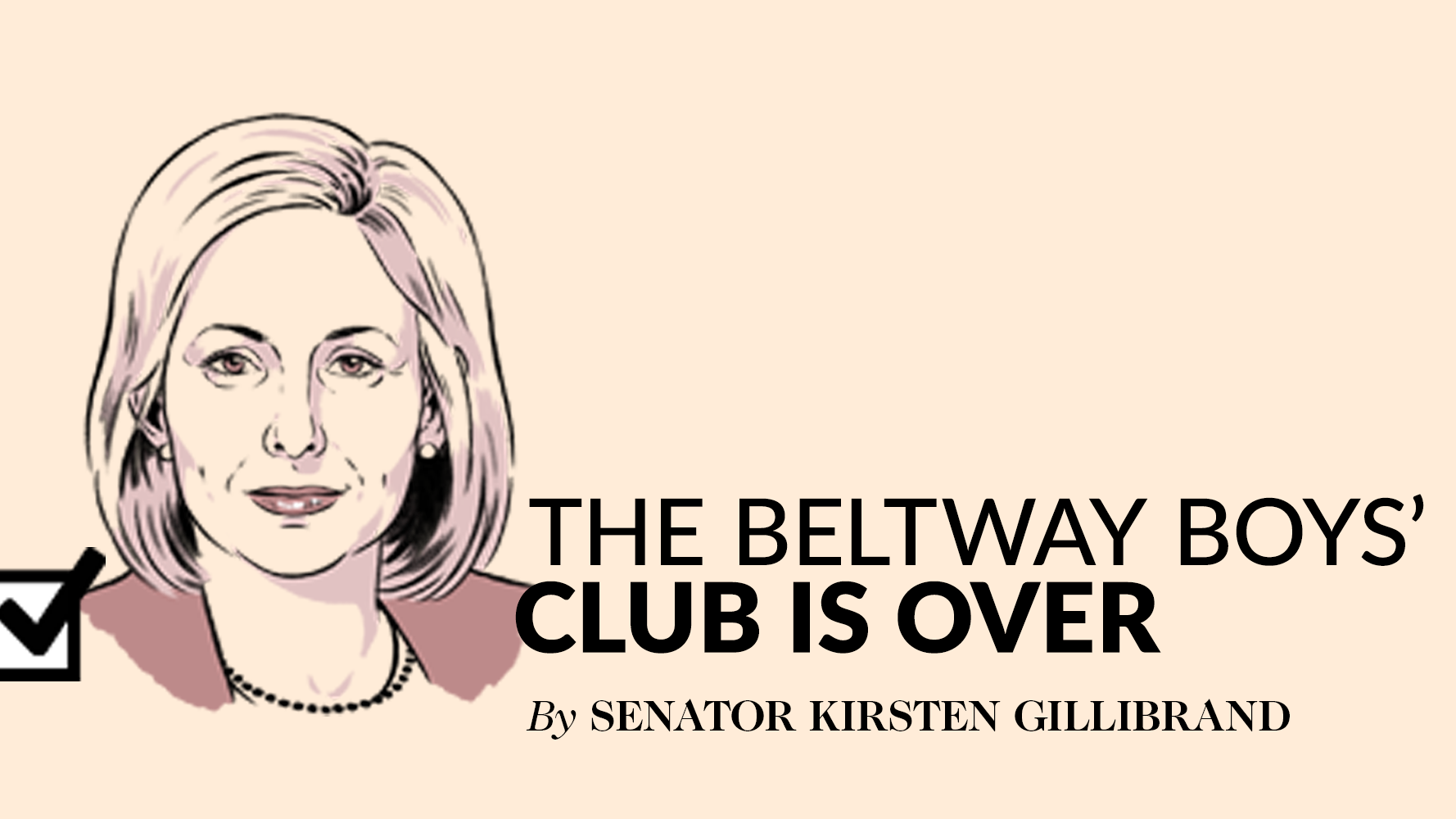
Over the past year, from the Women’s March to Election Day to the defeat of Roy Moore in Alabama, it is women who are taking their outrage and running for office, volunteering for campaigns, join-ing advocacy groups, and taking action—many for the first time in their lives. We are seeing a historic number of first-time female candidates. It’s amazing, and it’s happening because women are standing up in every way they possibly can, telling their stories, and making a difference. The next chapter of the women’s movement is being written right now,and it’s up to each of us to help write it by fighting for what we believe in. It’s a moment when all of us know fundamentally that our voices actually matter—they’re powerful, and they can make a difference.
Senator Kirsten Gillibrand is a democratic senator from New York.
Back to the package:
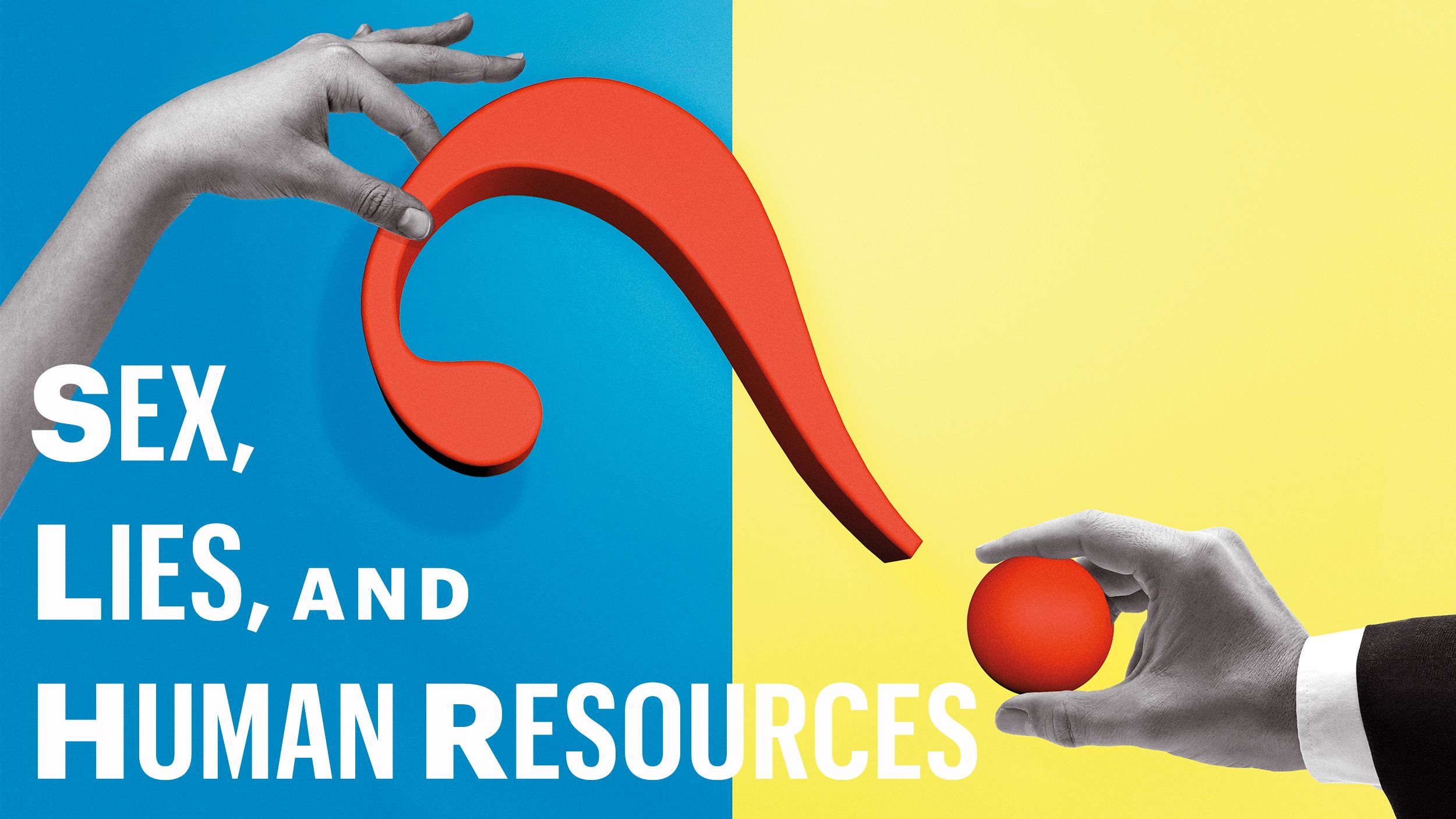
This package appears in the March issues of Esquire and Marie Claire.
Dedicated to women of power, purpose, and style, Marie Claire is committed to celebrating the richness and scope of women's lives. Reaching millions of women every month, Marie Claire is an internationally recognized destination for celebrity news, fashion trends, beauty recommendations, and renowned investigative packages.
-
 I've Traveled Alone for 20 Years—These Are the Best Destinations for Women Traveling Solo
I've Traveled Alone for 20 Years—These Are the Best Destinations for Women Traveling SoloFrom an island paradise to a once out-of-bounds region.
By Lydia Swinscoe Published
-
 Why George Is Seen Publicly More Often Than Charlotte and Louis
Why George Is Seen Publicly More Often Than Charlotte and Louis"It is important for the royal image that you have this balance."
By Amy Mackelden Published
-
 Jennifer Lawrence Tackles Spring's Most Over-the-Top Sunglasses Trend
Jennifer Lawrence Tackles Spring's Most Over-the-Top Sunglasses TrendConsider this your sign to snag a pair.
By Kelsey Stiegman Published
-
 Peloton’s Selena Samuela on Turning Tragedy Into Strength
Peloton’s Selena Samuela on Turning Tragedy Into StrengthBefore becoming a powerhouse cycling instructor, Selena Samuela was an immigrant trying to adjust to new environments and new versions of herself.
By Emily Tisch Sussman Published
-
 This Mutual Fund Firm Is Helping to Create a More Sustainable Future
This Mutual Fund Firm Is Helping to Create a More Sustainable FutureAmy Domini and her firm, Domini Impact Investments LLC, are inspiring a greater and greener world—one investor at a time.
By Sponsored Published
-
 Power Players Build on Success
Power Players Build on Success"The New Normal" left some brands stronger than ever. We asked then what lies ahead.
By Maria Ricapito Published
-
 Don't Stress! You Can Get in Good Shape Money-wise
Don't Stress! You Can Get in Good Shape Money-wiseFeatures Yes, maybe you eat paleo and have mastered crow pose, but do you practice financial wellness?
By Sallie Krawcheck Published
-
 The Book Club Revolution
The Book Club RevolutionLots of women are voracious readers. Other women are capitalizing on that.
By Lily Herman Published
-
 The Future of Women and Work
The Future of Women and WorkThe pandemic has completely upended how we do our jobs. This is Marie Claire's guide to navigating your career in a COVID-19 world.
By Megan DiTrolio Published
-
 Black-Owned Coworking Spaces Are Providing a Safe Haven for POC
Black-Owned Coworking Spaces Are Providing a Safe Haven for POCFor people of color, many of whom prefer to WFH, inclusive coworking spaces don't just offer a place to work—they cultivate community.
By Megan DiTrolio Published
-
 Where Did All My Work Friends Go?
Where Did All My Work Friends Go?The pandemic has forced our work friendships to evolve. Will they ever be the same?
By Rachel Epstein Published